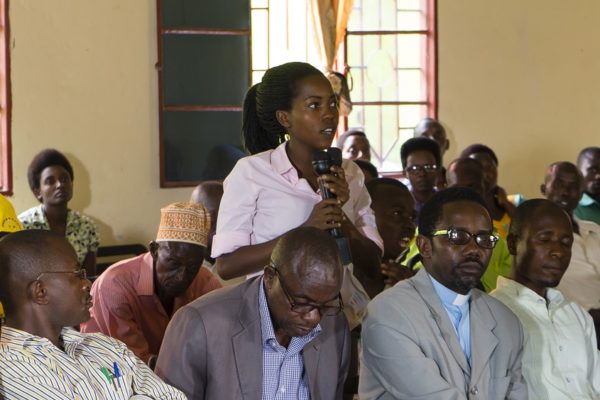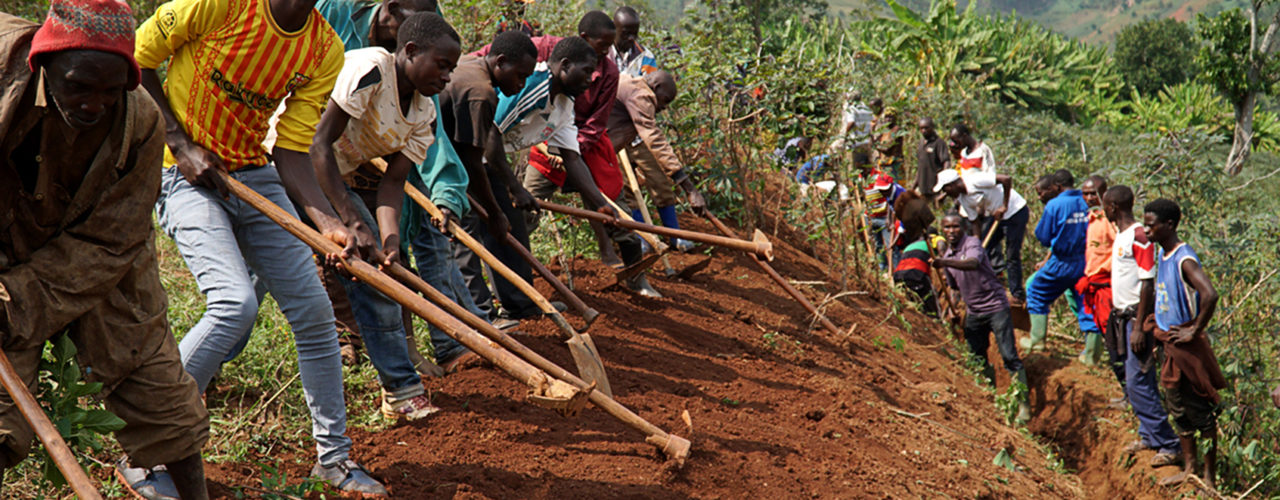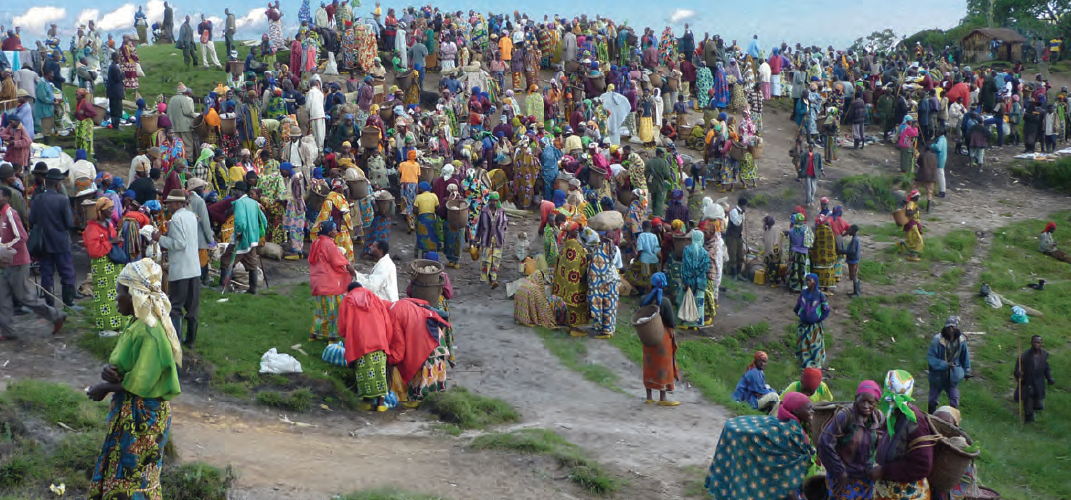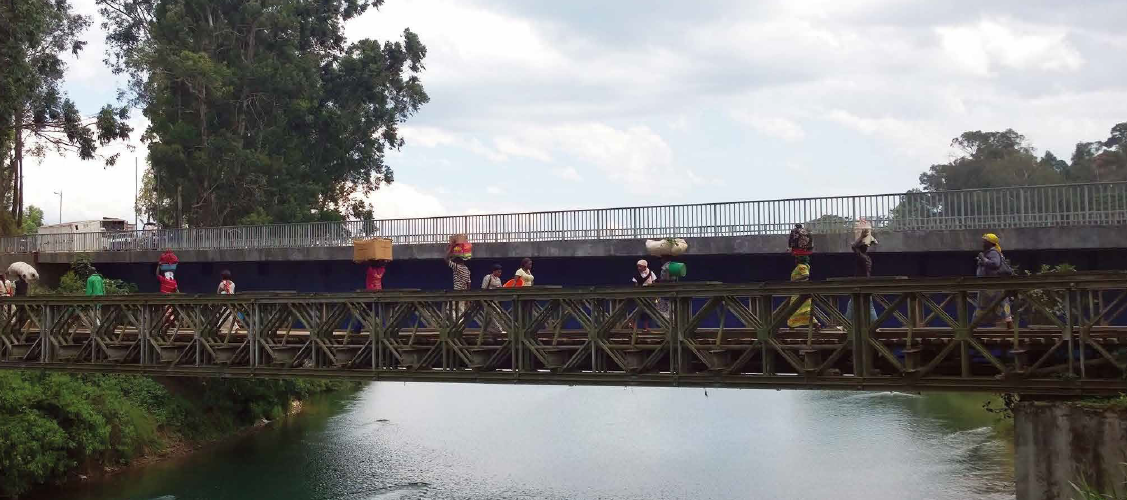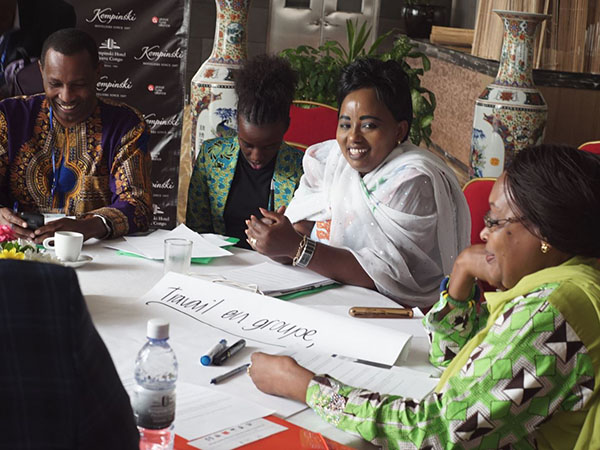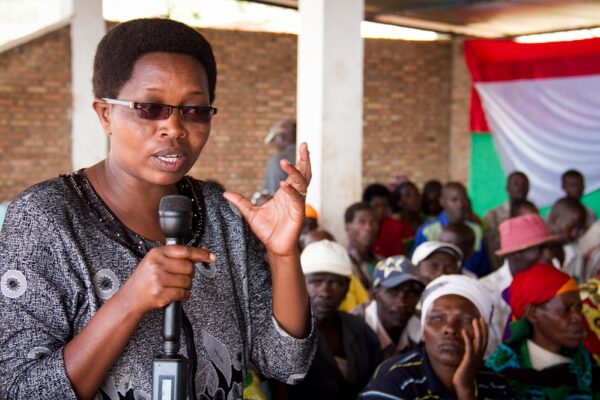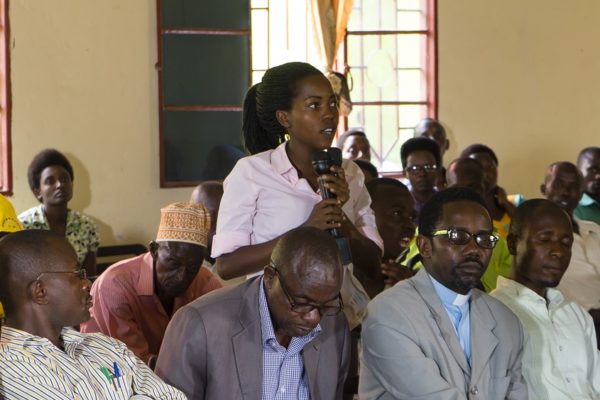The first two phases of the “Cross-Border Dialogue for Peace in the Great Lakes Region” initiative ran from 2013 to 2016 and 2017 to 2021, and covered the DRC (North and South Kivu), Rwanda, and Burundi. In early 2021, Interpeace and its partners embarked on an expanded third phase that includes Uganda and focuses on youth leadership in peace processes.
Young people, who make up most of the population in the Great Lakes region, have been exposed to direct violence, including displacement, forced recruitment in armed groups, sexual and gender-based violence. They also face the consequences of indirect violence, such as intergenerational transmission of trauma, lack of schooling opportunities as well as lack of jobs and livelihood options. Nonetheless, young people are often overlooked as critical actors in peacebuilding at the national and regional levels, especially young women who face more barriers.
The initiative is implemented by Interpeace and its local partners: Pole Institute, Never Again Rwanda (NAR), the Centre of Alert and Prevention of Conflicts (CENAP), Action for Peace and Concord (APC), Refugee Law Project (RLP), and Vision jeunesse Nouvelle (VJN). It is financed by the European Union and the Swiss Development Cooperation (SDC), through the projects “Youth Innovation Lab for peace (YouthLab)” and “Cross-border Dialogue for Peace in the Great Lakes region, phase III” projects, respectively.
Building on more than 20 years of Interpeace’s peacebuilding experience and practice in the Great Lakes region, as well as lessons learnt from the previous phases, the initiative supports youth to harness and develop their leadership potential, capacities, and contribution to peacebuilding processes in the region, whilst also reinforcing cross-border inter-linkages amongst the youth, and between them and political and private sector authorities. The programme promotes youth leadership in peacebuilding processes at the regional, national, and local levels by strengthening their capacity through training and mentorship, supporting youth peacebuilding initiatives, and creating opportunities for them to engage decision-makers and play a catalytic role in reform processes on issues related to cross-border peacebuilding.
